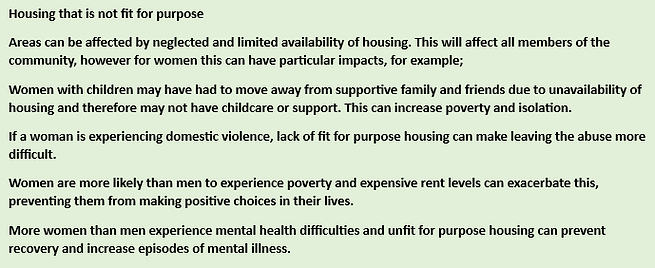
Reclaim Your Rights;
A Human Rights Framework
GWVSN recognises the skills and knowledge that both women and workers have in our communities. The Framework is aiming only to give guidance about how to embed human rights into conversations that are already happening across the country. It does not therefore give information on specific issues, but instead encourages an exploration of issues through the PANEL Principles and a gendered lens.
Long term vision / short term goals
There is no doubt having short term goals that are achievable not only helps to achieve better outcomes, but also supports women to recognise their successes. Using SMARTER principles helps to ensure your outcomes are;
Specific: what specific changes will take place?
Measurable: how will the action be measured?
Achievable: are your outcomes realistic and able to be achieved with the resources and timeframe available?
Relevant: are the changes relevant to the change the women want?
Time-bound: specify a timeframe in which the outcomes will be achieved.
Additionally to ensure a positive experience of the process for women and to measure the impact of the project;
Evaluation: for the best possible results evaluate your progress along the way.
Reward: Celebrating success is important – take time to recognise women's effort throughout the process.
The PANEL Principles support this SMARTER approach, structuring the process in a way that ensures maximum outcome of the women. It also supports longer term projects, which challenging human rights violations can often be. By ensuring a robust process, women understand what is happening and why action is taking time. This helps to retain women’s attendance and support for the project.
Following the worksheets below will guide the group through this process. Questions have been included to encourage a gendered lens approach, however these are not exhaustive and expansion on the worksheets will reflect the groups needs more fully.
The Framework uses both of these to guide participants through the PANEL principles to specific look at the needs of women through a series of worksheets. The worksheets have been developed to prompt groups to think about specific issues for women, but they are not meant to be prescriptive. Groups can adapt them to suit their needs. We only ask that the members of GWVSN are acknowledged.
Participation
Everyone has the right to participate in decisions which affect them. Participation must be active, free, and meaningful and give attention to issues of accessibility, including access to information in a form and language which can be understood.
Accountability
Accountability requires effective monitoring of human rights standards. For accountability to be effective there must be appropriate laws, policies, administrative procedures and mechanisms of redress in order to secure human rights.
Non-Discrimination
A human rights-based approach means that all forms of discrimination must be prohibted, prevented and eliminated.
It also requires the prioritisation of those in the most vulnerable situations who have the biggest barriers to realising their rights.
Empowerment
People should understand their rights, and be fully supported to participate in the development of policy and practices which affect their lives. People should be able to claim their rights where necessary.
Legality
The full range of legally protected human rights must be respected, protected and fulfilled. A human rights-based approach requires the recognition of rights as legally enforceable entitlement, and is linked in to nation and international human rights law.
Identifying human rights violations
You want to explore;
-
What is the issue being experienced by women (Rights Bearers)?
-
How is it impacting specifically on women’s lives?
Most issues affect everyone in a community, for example poverty, but societal stereotypes and expectations, can mean women experience these differently. Understanding the specific impact on women’s lives helps us to recognise when issues become human rights violations specifically for women.
It is important to recognise that some communities of women can experience additional human rights violations. It is essential that we recognise these additional impacts. We may wish to challenge the issue as a whole, or focus on the needs of a group that is particularly affected. Focussing on the experience of one group may encourage change quicker, but as you have used a gendered lens should affect all women’s experience.

When exploring these issues more information may be required. This can be collated through;
-
Research that is already available.
-
The experience of the group of women using the Framework.
-
Surveys and Lived experience research.
-
Government information on local demography from the Scottish Index of Multiple Deprivation and the Census
-
Discussing with workers who have learned experience from supporting women in the community.

